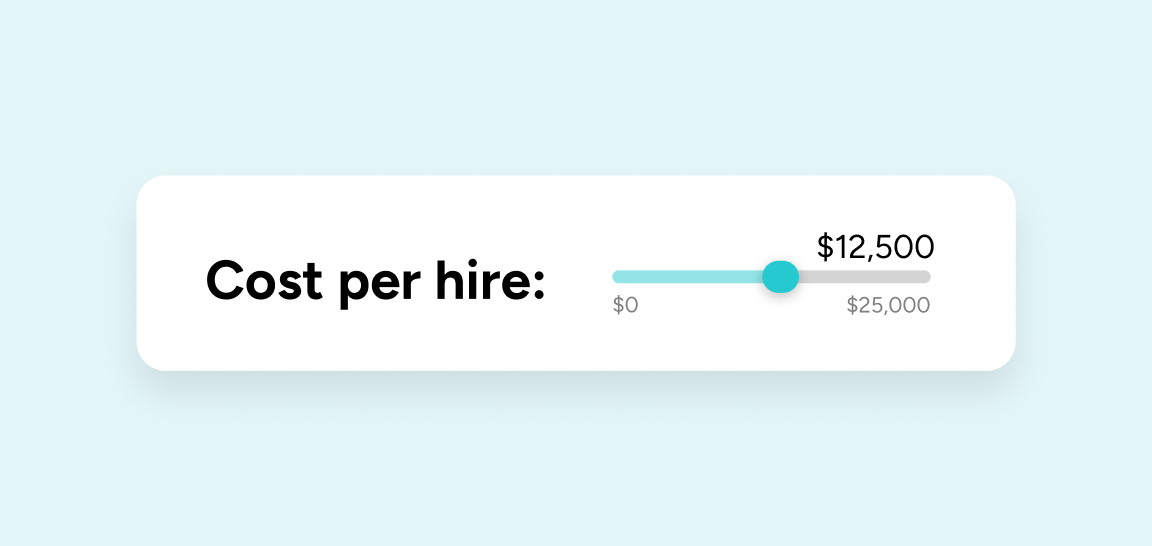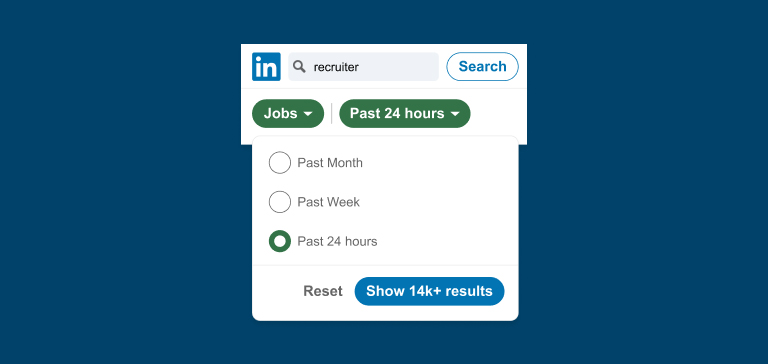I’ll be honest, I’m not entirely positive I knew the name Medtronic until recently.
Did you?
But then I looked them up, and boy did I feel embarrassed — $34 billion in total revenue in 2024. Add in nearly 100,000 employees across 150 countries for good measure. Yeah, they’re big. Like big big. So how is it possible they still have a certain degree of anonymity? And how do they hire enough top talent to fuel billions of dollars in global revenue?
I recently had a chance to chat with Medtronic VP of Global TA Mark Smith about the strategies — and technology — the MedTech leader deploys to go up against titans like Apple and Google, and win.
Erik Schmidt: Medtronic is a big company doing some incredibly valuable work, but maybe doesn’t have the most name recognition. Tell me a little bit about what you do and who you hire.
Mark Smith: The mission of Medtronic is something very special. We're actually one of the few organizations that can say that we're literally saving lives. So you know, there’s sort of that joke that people make when something isn’t that important, “Hey, we’re not saving lives over here.” Well, we are. We actually are doing that. And our mission is quite simple: We alleviate pain, we restore health, and we extend life. That's the purpose of Medtronic. And we constantly want to remind ourselves of that with everything we do, including how we hire. In terms of some of the basics, we have 95,000 employees globally and have a footprint in 150 countries — so we do have a large global footprint as an organization.
ES: What are some of the core hiring challenges you face, and what strategies have you deployed to help solve them?
MS: Before working with Paradox, we were manually managing all interview scheduling at Medtronic. If you've ever tried planning a party for friends, you know how tough it can be to coordinate everyone. Now imagine doing that at the scale of 12,000 hires a year — and sometimes up to a thousand candidates for a single role. It was incredibly time-consuming and complex. While our process was somewhat candidate-centric, it was still inefficient and didn’t deliver the kind of experience we wanted for candidates.
Using Paradox has been a true game changer. We are relatively new in the relationship, but so far we've actually scheduled 6,000 interviews and some of the stories are just incredible when I speak to our recruiters. I'm hearing stories like, “In three minutes I was able to schedule eight candidates.” That would not have been humanly possible with the prior way of working. With this technology it's helped create that extra capacity for the recruiters which I want them to use for more conversations with the leadership team, with businesses, and with the candidates. We’re also seeing that the median time-to-schedule is down to about 17 minutes. In the past, sometimes it would take us between two and three days to arrange that. So for the candidates and the experience they have applying to Medtronic, this has just been superb.
ES: As a tech company, product innovation is essential. How does that carry over to innovation within the TA function and how you view the value of tech?
MS: Our CEO and Chairman Geoff Martha will regularly say in meetings, “We need to bring the tech back to MedTech.” That’s a way of saying that we constantly need to improve, constantly innovate, and try different things. And while he’s talking about products, I also see this as a challenge to us in the HR organization, especially in TA, as well. How can we add technology to improve the experience of candidates? Geoff is talking about products that serve patients and improve their experience and their life, but how can we do that for candidates with a similar level of a mindset? So treating our candidates like patients. And to do that, you need to have empathy, care, compassion, conversation, and clarity. So is it anything more we can do to avoid those moments where candidates don't feel that way? That's important to me as head of TA. With this partnership with Paradox, I'm expecting that to allow our recruiters to truly engage in meaningful, purpose-driven, fun, good conversations and for the system to allow us to have the capacity to do that.
ES: The roles you hire for are very different from the ones that are usually associated with AI automation and moving as fast as possible. What are your thoughts on using AI to hire high-skill roles?
MS: Over the years, I've seen perhaps more of a focus on using automation with the higher volume type of companies, but what I've seen so far is AI can help create a suitable experience for every role, whether we are hiring for a very senior medical professional or a role that requires you to do somewhat more transactional, monotonous tasks. What excites me about our chat-to-apply feature is how we can drive a conversation with candidates by the persona of the candidate. That's what's really intriguing me right now with Paradox is if we could have the persona that matches the personality of the person.
Executives expect a different tone and style than Gen Z candidates just starting their careers. Tailoring the experience to match their expectations — whether that's formal language or using GIFs — helps create relevance and connection. So, what we’re doing with Paradox right now is exploring how to make sure that whatever role, whatever age, whatever background, whatever skill, they're actually having a conversation that's cool, relevant, fun, and purposeful because it's gonna lead to somewhere positive. Vanilla treatment is not what we're about at Medtronic. We're very personalized in what we do and what we deliver. We take that same effort with our patients. And for me, I see the transferability to that mindset. How do we do that for candidates to have meaningful conversations that install immediately a sense of pride, passion, purpose that could help us capture great talent? This will help us build our brand from a relatively unknown brand to one that is a stronger brand in the market.
ES: You mentioned building your brand. You are competing for talent with the tech giants, not just MedTech companies. What tactics do you employ to win talent over tech companies that may have more brand awareness?
MS: Medtronic sits in the MedTech healthcare sector, and I think for a long time we have viewed our talent rivals as the companies that sit in the exact same category as us. And in many cases that is the truth. But if we're looking to bring in top talent, there are different ways to view that. As we look at the skills that we have and what we need as an organization for the future, we're looking at cross-sector. So I often see that we have three lenses of competition for talent, and it really covers everyone. The first layer is yes, MedTech. The second is we're operating in our location. If that role is not remote and it's an in-office role, who within a reasonable distance, depending on traffic, are our competitors? So somewhere like Minneapolis, we've got some huge players, some great companies like Best Buy, Target, 3M. They are our talent rivals because we come across them from time to time with the same similar roles. And the others are those that we don't tend to think of, like let's say an Apple, Tesla, SpaceX, Lockheed Martin. These are in completely different sectors, but when you look at the type of talent we want, we want someone innovative and who has energy and passion and the right mindset, so there is overlap there.
When we're looking for talent, it’s easy to stay within the traditional MedTech stack. But if we want to grow, innovate, and truly lead, we have to think bigger. By bringing in talent from across industries — whether it's from a tech giant, a retail powerhouse, or an aerospace innovator — we introduce diversity of thought, fresh perspectives, and new ideas that will ultimately make us better. Our leaders are starting to see that, and it's opening up exciting new possibilities for Medtronic.














